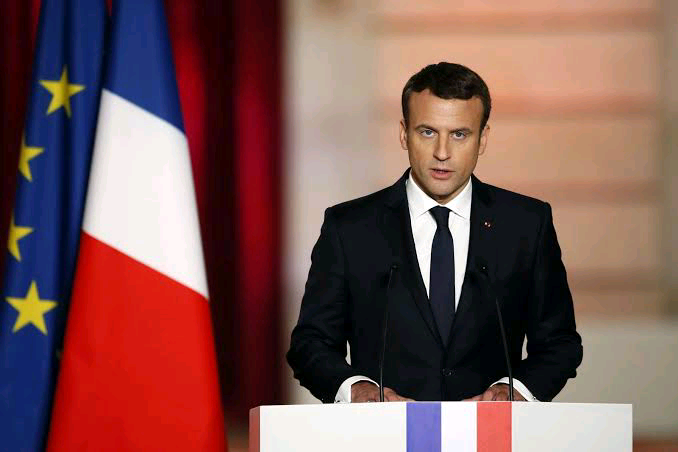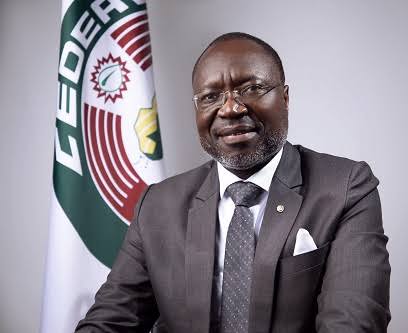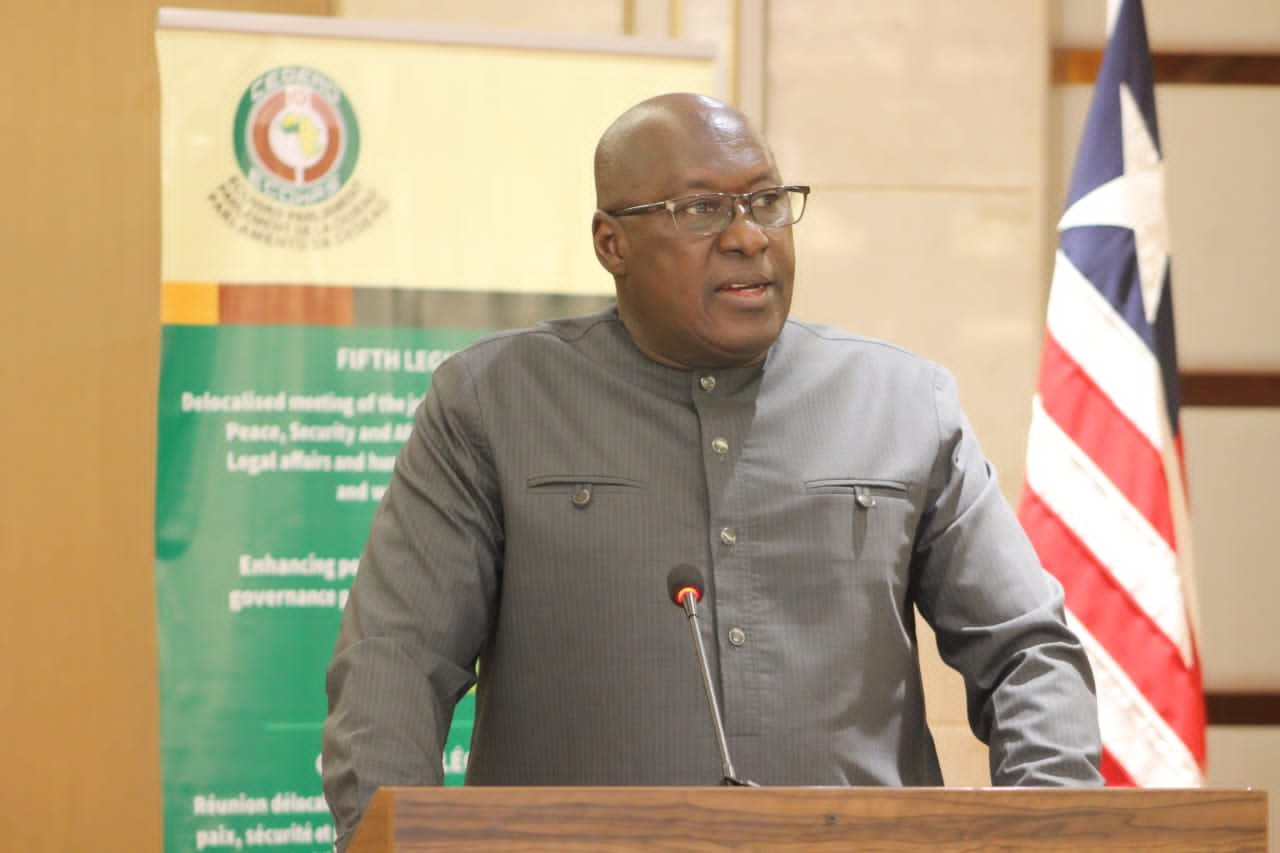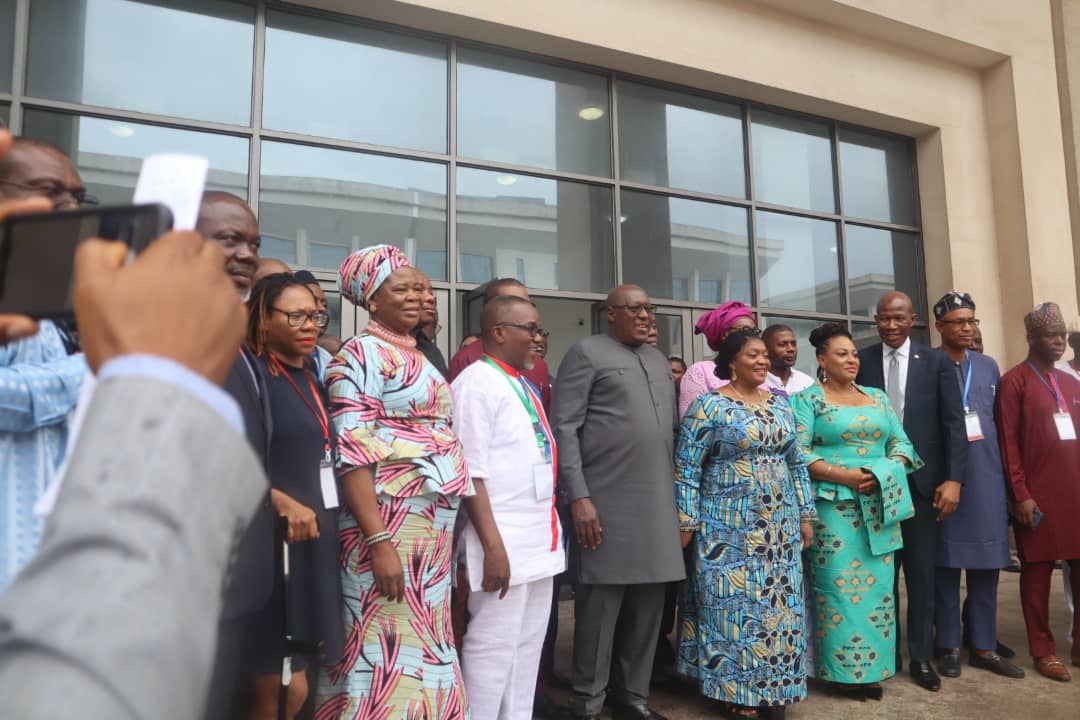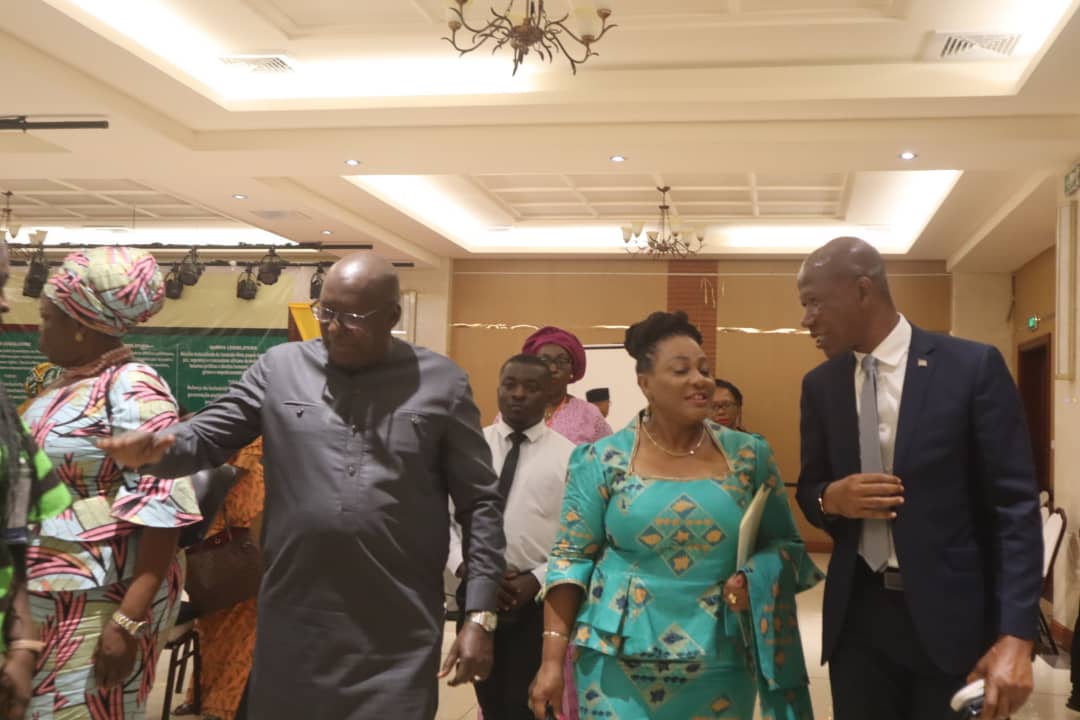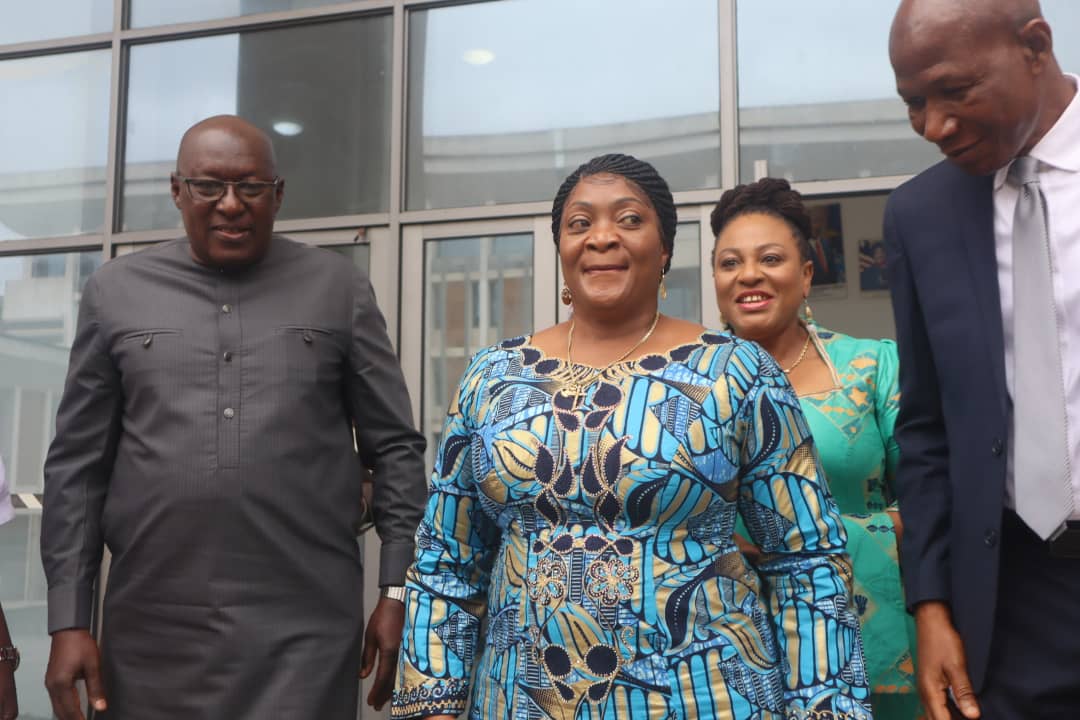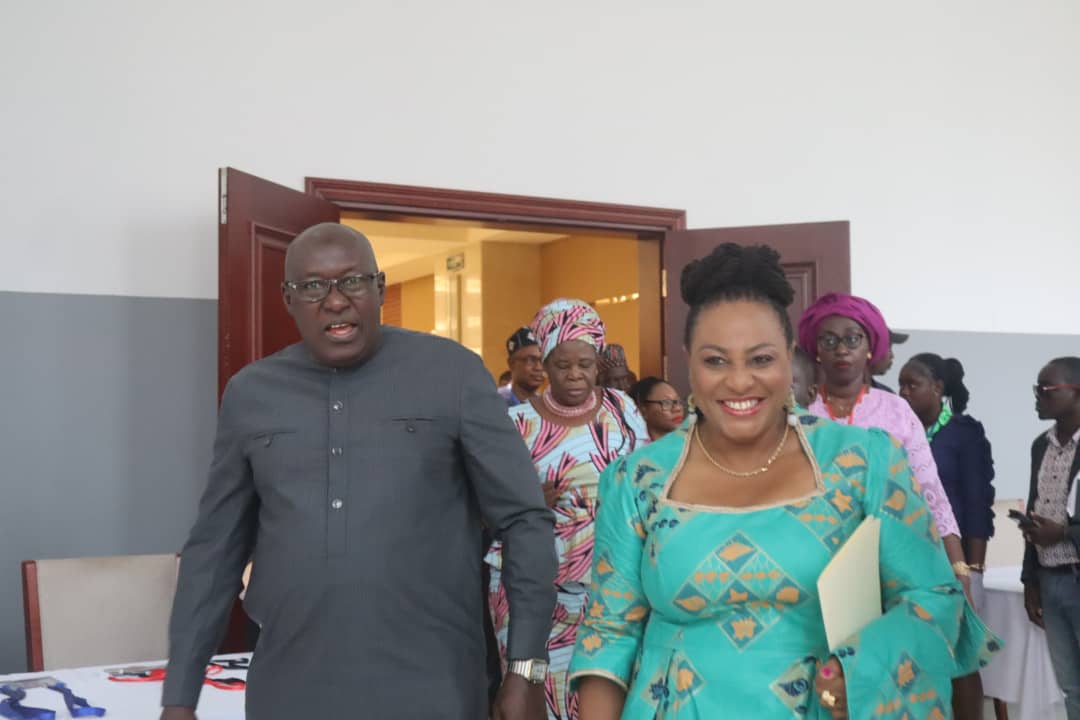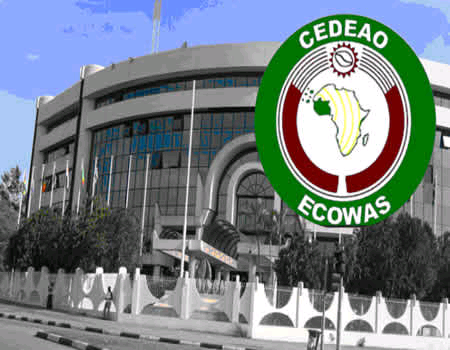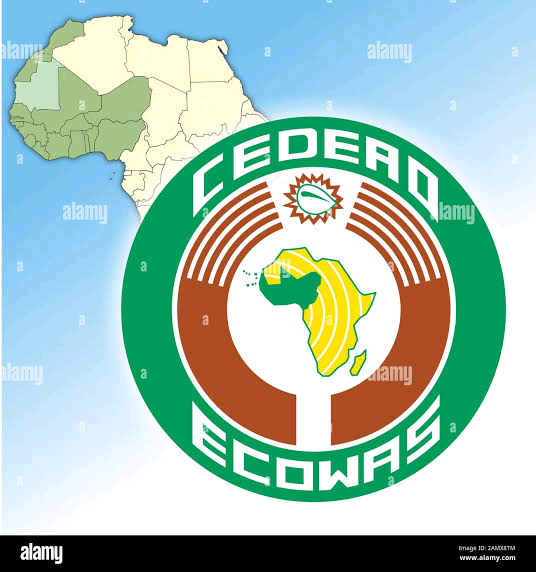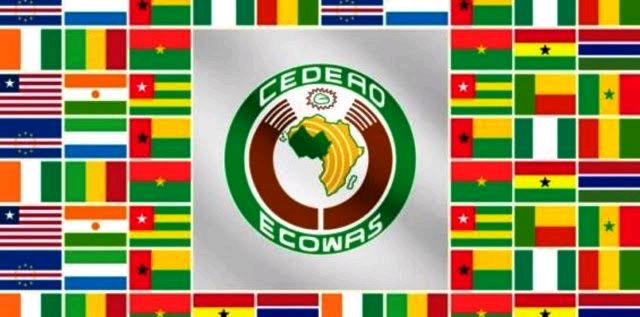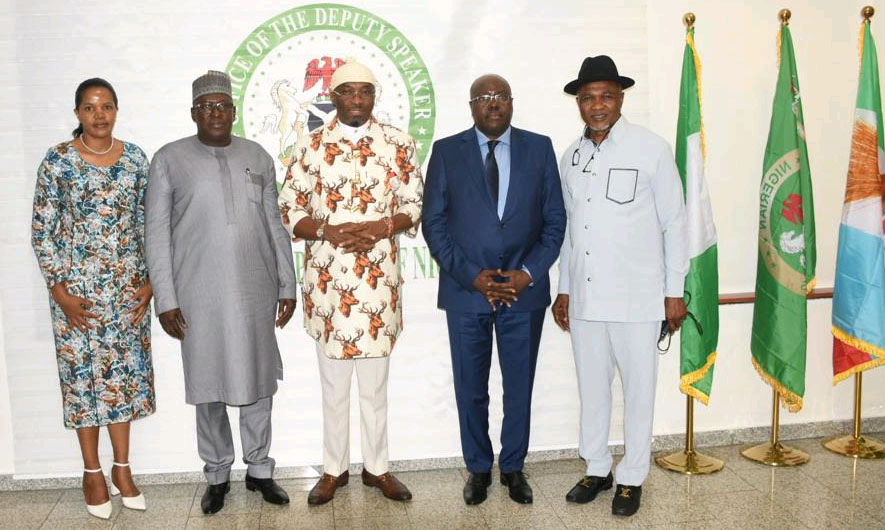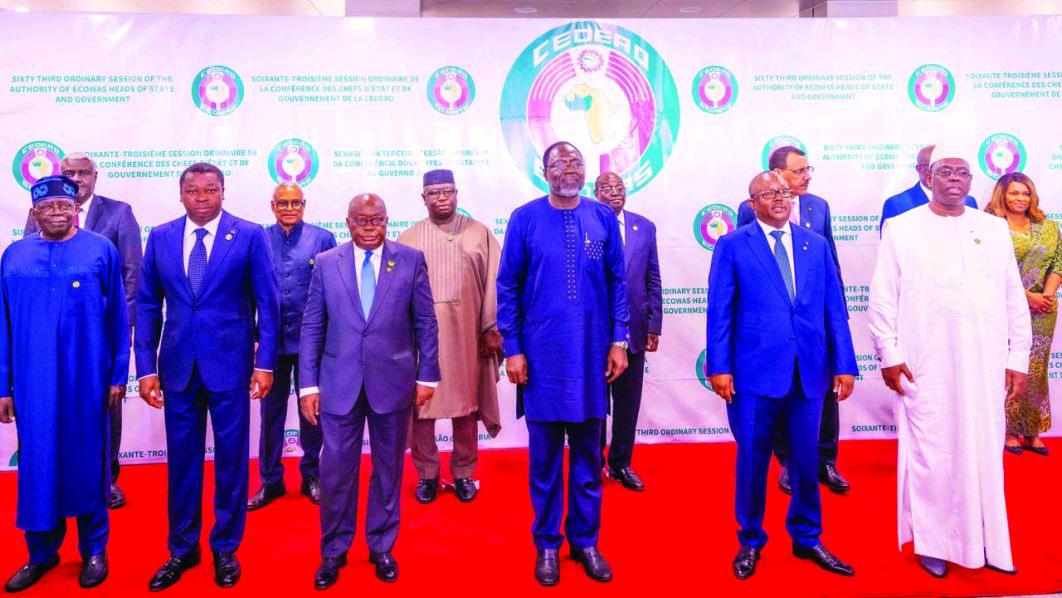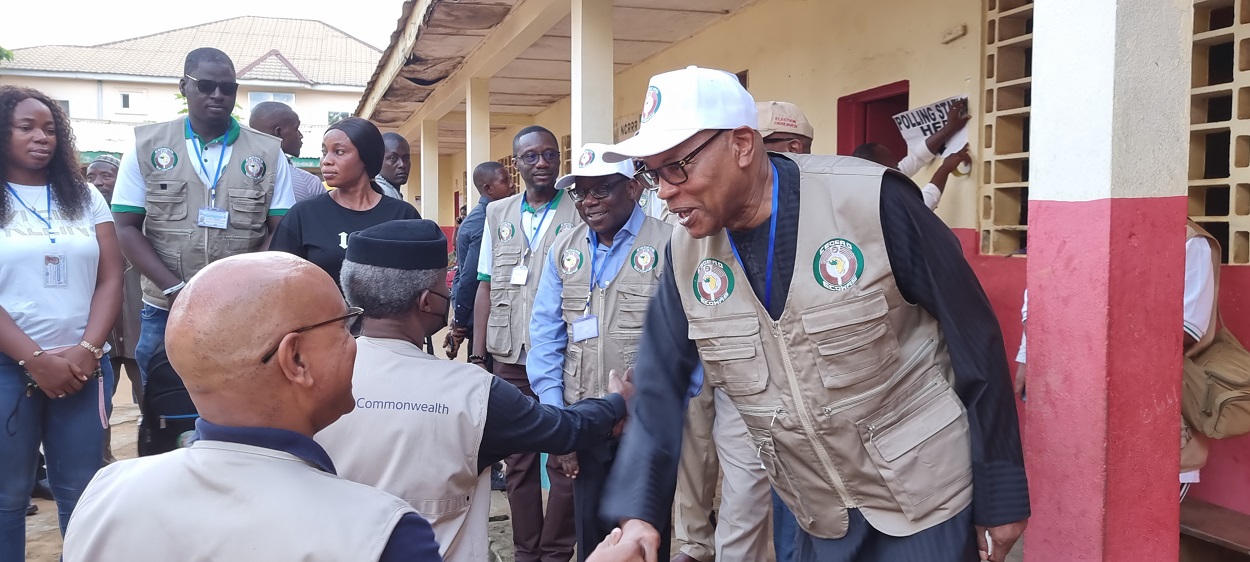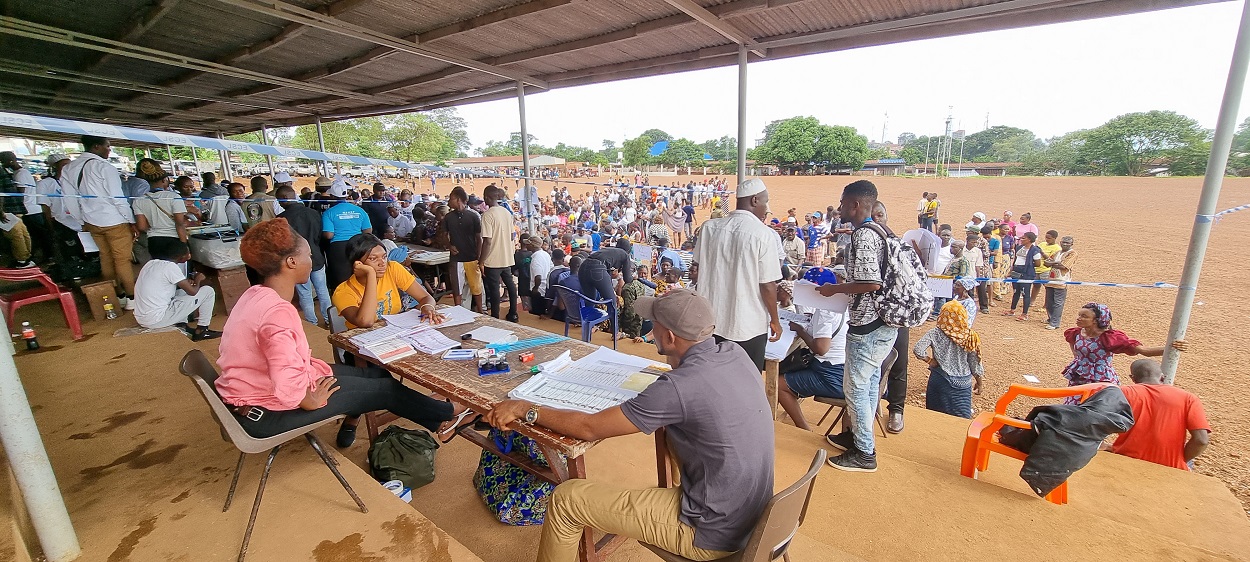President Bola Ahmed Tinubu has emerged Chairman of the Economic Community of West African States (ECOWAS).
The decision was reached during the organisation’s 63rd Ordinary Session of the Authority of Heads of State and Government of the Economic Community in Bissau, capital of the Republic of Guinea-Bissau on Sunday.
The development comes 41 days after the swearing-in ceremony of the President.
Speaking at the meeting, Tinubu emphasized the need to protect democratic culture in the sub-region, saying: “We will take democracy seriously. Democracy is very tough but it is the best form of government.”
As Chairman, Tinubu will play a crucial role in leading ECOWAS member states towards economic development, political stability and cooperation. He will also collaborate closely with member states, regional institutions and international partners to implement initiatives aimed at promoting economic growth, regional trade integration and social development.
Former President Muhammadu Buhari had occupied the position from 2018 to 2019. Though the office does not confer executive powers, the chairman plays a strategic role in conflict resolution, advocacy, and liaises with the President of the ECOWAS Commission, the executive responsible for the day-to-day management and implementation of ECOWAS policies and decisions.
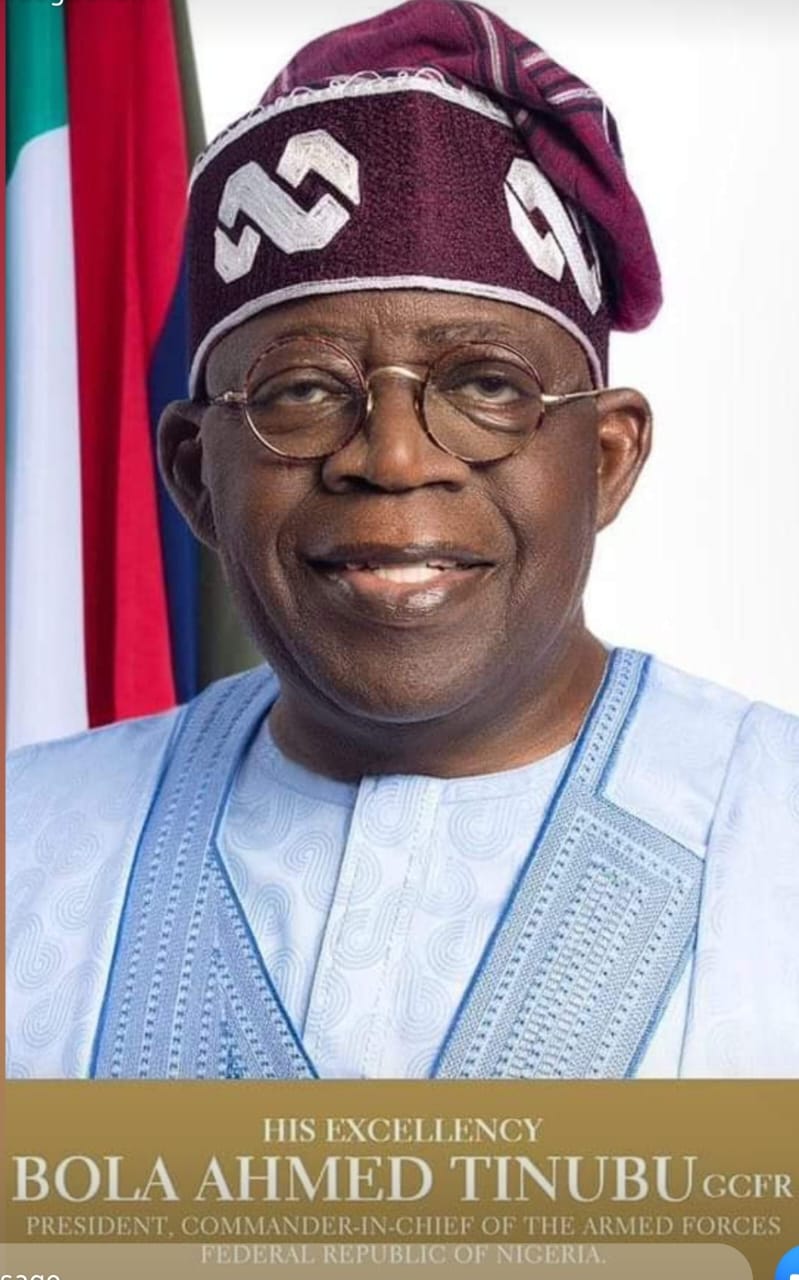
Additionally, he is expected to focus on strengthening ECOWAS’ collective response to security threats and foster closer cooperation among member states in addressing regional challenges.
In a statement, Dele Alake, Special Adviser to the President on Special Duties, Communications & Strategy, quoted Tinubu as saying: “On peace and security, the threat has reached an alarming level and needs urgent actions in addressing the challenges.
“Indeed, without a peaceful environment, progress and development in the region will continue to remain elusive. In this regard, we must remain committed to the utilisation of all regional frameworks at our disposal to address the menace of insecurity.”
President Tinubu said ECOWAS had developed a security architecture, which he noted, “covers a wide range of areas that involved kinetic and non-kinetic operations, including preventive diplomacy.
There is also the Regional Plan of Action on Fight against Terrorism 2020-2024 as well as the operationalization of the ECOWAS Standby Force on Fight against Terrorism.

“I will ensure that we immediately harmonize these plans and mobilize resources as well as political will towards the actualisation of the initiatives. As terrorists do not respect boundaries, we must work collectively to have an effective regional counterterrorism measure,” the President stated.
On his emergence as chairman during his first participation at the summit, having just started out as the elected leader of Nigeria, Tinubu said: “Indeed, I’m humbled and honored by this trust, and want to assure you of my unalloyed commitment to provide necessary leadership with dedication to serve the interest of the community.”
The President said: “We must stand firm on democracy. There is no governance, freedom and rule of law without democracy. We will not accept coup after coup in West Africa again. Democracy is very difficult to manage but it is the best form of government.
“There is no one here among us who did not campaign to be a leader. We didn’t give our soldiers resources; we didn’t invest in them, in their boots, in their training to violate the freedom of the people. To turn their guns against civil authorities is a violation of the principles upon which they were hired, which is to defend the sovereignty of their nations. We must not sit in ECOWAS as toothless bulldogs.”
Also, member countries and leaders of ECOWAS congratulated Tinubu on his election as President of Nigeria.
They gave their congratulatory messages during the opening ceremony of the event.
In his remark, the President of Guinea-Bissau, Umaro Sissoco Embaló, commended Nigeria for sustenance of peace and strengthening of democracy in the West African region.
According to him, the military seizure of power in Mali, the Republic of Guinea, and Burkina Faso and subsequent elongation of the transition period represent a regression of the values of democratic rule of law adopted by member states through supplementary protocol on democracy and good governance.
He maintained that the return of democracy in the three countries was imperative for political stability, promotion of democratic rule of law, and the well-being of people of the West African sub-region.
President of the ECOWAS Commission, Omar Alieu Touray, on behalf of the community and institutions, also congratulated Tinubu on his election and assumption of office as President of Nigeria.
The 63rd session, which is still ongoing, has been ranked as the most attended by heads of state of member countries.
